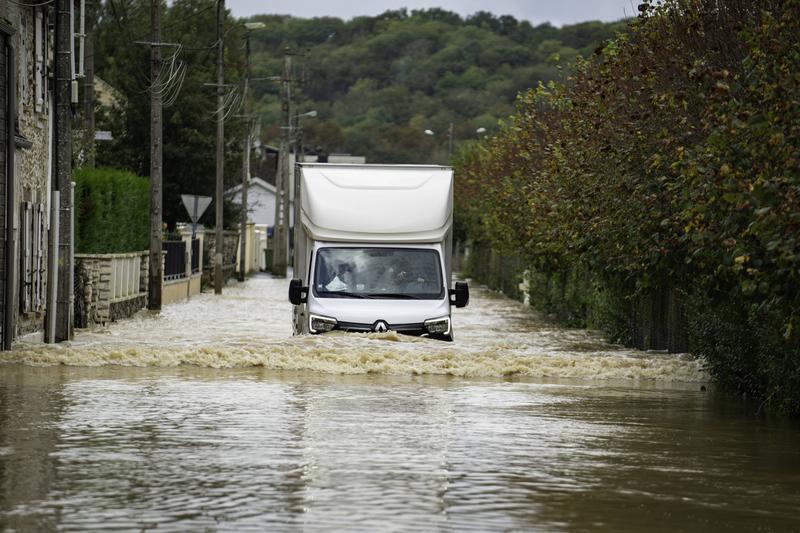Paris, known for its iconic landmarks and bustling streets, has recently been hit by severe floods, causing widespread disruptions across the city. Heavy rainfall over the past few days has led to the overflowing of the Seine River, submerging streets, halting transportation, and forcing thousands to evacuate low-lying areas.
Impact on Daily Life
The floods have severely impacted Parisian life. Several metro stations were closed, major roads were blocked, and schools in affected districts have been temporarily shut down. The French authorities have issued warnings, urging residents to stay indoors and avoid traveling unless absolutely necessary. Emergency services are working round the clock to assist those stranded by rising water levels.

Flooded neighborhoods in the outskirts of Paris have experienced extensive damage to homes and infrastructure. Many residents have been evacuated to temporary shelters as their homes have become uninhabitable.
Environmental and Economic Ramifications
While floods are not uncommon in Paris, this event has been particularly devastating due to its intensity and the unseasonal nature of the rainfall. Experts warn that climate change is exacerbating extreme weather patterns, and cities like Paris may face more frequent and severe flooding in the coming years.
"These floods are a clear reminder that urban infrastructure needs to adapt to the changing climate," said environmental researcher Dr. Sylvie Leclerc. "If not, we will continue to see increasing damage to both our cities and the economy."
The economic impact is also expected to be significant. Disruptions to transportation, commerce, and tourism are causing widespread financial losses. Businesses located along the Seine, which often rely heavily on foot traffic and tourism, have been particularly hard hit.
The Global Connection
France’s experience mirrors the increasing frequency of extreme weather events seen globally, from catastrophic wildfires in the United States to severe droughts in Africa. This Paris flood is yet another wake-up call for global leaders to accelerate action on climate change mitigation and adaptation strategies.
As Paris begins the slow process of recovery, citizens and policymakers alike are now more focused on the urgent need for climate resilience in urban areas. From investing in green infrastructure to improving disaster preparedness, there is growing consensus that such measures are crucial to minimizing future risks.
Response and Relief Efforts
The French government has deployed emergency services to respond to the flood, including the military and specialized rescue teams. Local authorities are also coordinating with international aid organizations to ensure that affected populations receive the necessary support. Relief efforts include providing temporary shelter, food, and medical aid for those displaced by the disaster.
With the Seine expected to take several days to recede, the immediate future remains uncertain for many Parisians. However, the spirit of resilience and solidarity that Paris is known for will undoubtedly shine through as the city navigates this latest crisis.